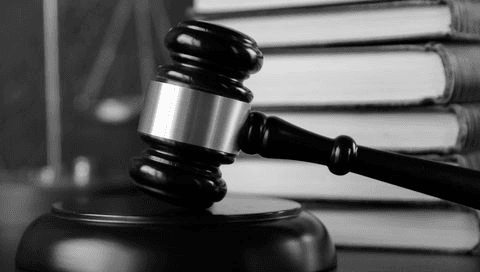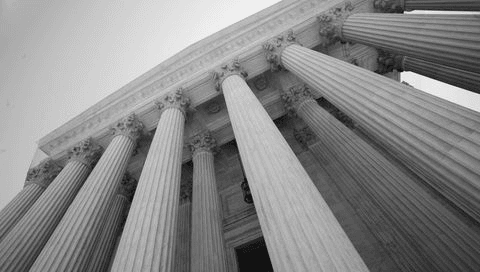On September 25, the PTAB issued final written decisions in two of the original proceedings, concluding that the patents were obvious over the prior art, and therefore invalid. The Board then requested briefing as to whether Apple was estopped from arguing the patentability of the same claims under § 101 in the later-filed proceedings.
§ 325(e)(1) states:
[t]he petitioner in a post-grant review of a claim in a patent under this chapter that results in a final written decision under section 328(a) or the real party in interest or privy of the petitioner, may not request or maintain a proceeding before the Office with respect to that claim on any ground that the petitioner raised or reasonably could have raised during that post-grant review.
Apple argued that (1) it could not “reasonably have raised” in its earlier petitions the Alice-based § 101 grounds presented in later petitions, because that opinion did not yet exist, and (2) that it was not “maintaining” the proceeding before the PTAB, because the evidentiary record had closed.
The Board, however, rejected both arguments. First, the Board noted that, although Alice had not yet been decided, the Supreme Court had already decided Bilski and Mayo, upon which Alice relied. The Board held that the estoppel statute does not make any exceptions for “intervening case law that merely clarifies jurisprudence.” Second, the Board held that “maintaining a proceeding” includes presenting argument at the hearing with respect to the claims. As a result, the PTAB dismissed Apple from the remaining proceedings.
Nevertheless, the Board did not dismiss the proceedings altogether. Instead, it held that because they were in late stages with a fully developed record, it would continue the litigation without Apple.
Apple, Inc. v. Smartflash, LLC, CBM2015-00015, Paper 49 (PTAB November 5, 2015)




